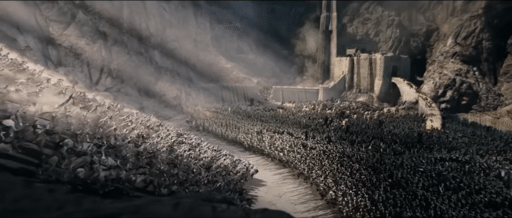Dawn is Coming

Isaiah’s Context
The coming of the Messiah promises light for those in darkness. (vv. 1-2)
The very ones who went into exile first will be the first to receive the light.
The Light dawned in the person of the Messiah, Jesus
The name “Galilee” literally means “circle” or “district,” the fuller expression of which is “district of the Gentiles” (Isa 9:1; Matt 4:15).
“It is noteworthy that of his thirty-two beautiful parables, no less than ninteen were spoken in Galilee. And it is no less remarkable that of his entire thirty-three great miracles, twenty-five were wrought in this province. His first miracle was wrought at the wedding in Cana of Galilee, and his last, after his resurrection, on the shore of Galilee’s sea. In Galilee our Lord delivered the Sermon on The Mount, and the discourses on ‘The Bread of Life,’ on ‘Purity,’ on ‘Forgiveness,’ and on ‘Humility.’ In Galilee he called his first disciples; and there occurred the sublime scene of the Transfiguration” (Porter’s Through Samaria).
